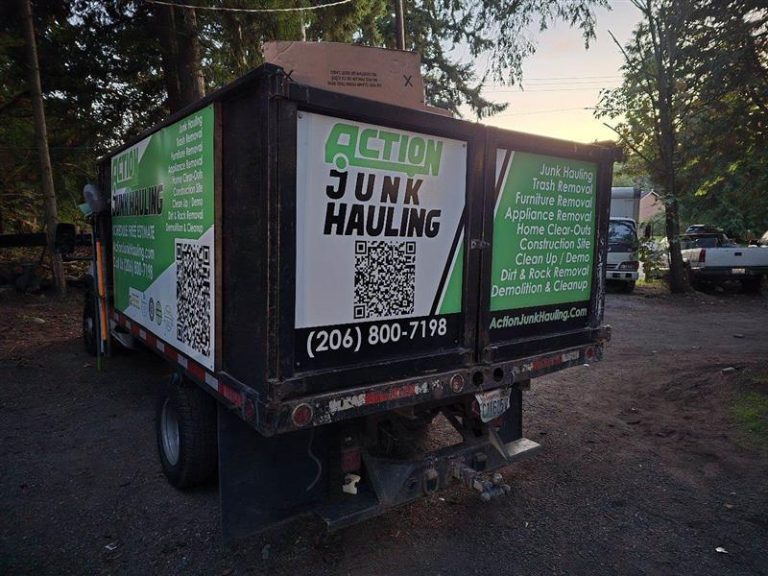Protecting Your Supply Chain: The Importance of Logistics Insurance

Logistics insurance takes on a crucial role in companies whose supply chain operations mean risk management. This particular form of coverage provides protection against just about any problem likely to disrupt the smooth flow of goods or materials through your supply chain.
Logistics insurance ensures companies are financially protected against unexpected interruptions by covering third-party liabilities, securing goods during transit, and preventing theft or damage. By managing the risks associated with the logistics process, companies are able to operate with confidence, knowing that the supplies and other commodities required for smooth corporate function will be able to continue to flow. In this latter scenario, as in the first, the importance of logistics insurance is hard to overstate.
This article will examine insurance at length, discussing how it reduces risk in the supply chain, ensures operational continuity, and maintains regulatory compliance.
Mitigating Risks in the Supply Chain
Supply chain risk reduction is essential for efficient operations, successful business endeavours, and consumer confidence. The following are some strategies to be taken into account:
- Supplier Diversification: It might be dangerous to depend only on one source for essential supplies or components. The effect of interruptions from a single provider might be lessened by diversifying your source base.
- Risk Management and Assessment: To identify any possible vulnerabilities in your supply chain, carry out a thorough risk assessment. An analysis of geopolitical variables, natural catastrophes, supplier financial stability, and other factors may be required for this. Create risk management strategies to address the threats it points up.
- Supplier Relationship Management: Establish a solid, trustworthy, and cooperative relationship with your suppliers. Collaborative problem resolution and early issue identification are made feasible by effective communication.
- Supply Chain Visibility: By using technology and systems that deliver real-time visibility into your supply chain, you can eliminate bottlenecks, delays, and possible risks before they grow.
- Inventory Management: Always carry sufficient inventory to ride out supply shocks. Just-in-time practices may save money, but leaving exposed areas in your supply chain alone can mean that a little waste could divert disaster. Find your balance between efficiency and safety stocks.
- Contingency Planning: Make plans in advance for all contingencies, e.g., supplier insolvencies, earthquakes, or road traffic jams. These will lay out alternative sourcing options if necessary, stoppage-of-emergency logistics, and communications channels.
- Collaboration with Partners: Develop coordinated reaction strategies for any disruptions in close collaboration with suppliers, logistics providers, and customers, among other essential partners.
- Resilience Testing: Use simulations and scenario planning exercises to regularly test how resilient your supply chain is exposed to. This can give you a warning of weaknesses, and help you refine your response strategies.
- Regulatory Compliance: Keep abreast of the laws and rules pertaining to compliance that apply to your sector and the areas where you do business. Legal problems or other interruptions might result from noncompliance.
- Continuous Improvement: Evaluate and improve your supply chain processes often, keeping in mind changes to the business environment and lessons gained from past errors.
Ensuring Business Continuity
Business continuity is necessary to keep customer satisfaction high, meet demand, and cause continued growth. Logistics insurance is essential to maintaining company continuity because it may compensate for losses or damages in the event that an unforeseen circumstance prevents supply chains from operating normally. Damage caused in the course of transportation to inventories, late shipments caused by bad weather ports, or warehouse stoppages are only some examples. So logistics insurance acts as a tool to allow businesses to come back quickly from interruptions in high gear and resume normal operations.
Complying with Regulations
In logistics, insurance not only protects your property and reduces risk but also ensures compliance with various statutes and contracts. Many contracts, agreements, and industry standards require that insurance be carried in the supply chain. By continuing to meet that standard without fail in logistics and insurance, companies go along with the rules outlined above. No less significantly, this all-around coverage preserves not only any potential losses of money-or other valuables but also the continuity of the supply chain. End users at home or abroad are thereby protected in their expectations for a smooth flow of goods and services.
Comprehensive Coverage for the Supply Chain
With logistics insurance, a wide range of supply chain elements are covered, including:
- Cargo insurance: Damages and other losses to freight or goods in transit, including losses due to theft, are taken care of.
- Warehouse insurance: Coverage in case of any injury, damage, or theft that might occur to any in-storage inventory, equipment, or property at storage points such as warehouses and distribution stations.
- Transit insurance: Goods in transit insurance policies protect goods while they are in transit from one place to another and even after they arrive at their final destination.
- Liability insurance: The insurer covers the cost of third-party claims for property damage, personal injury, or other losses, arising from supply chain activities.
- Contingency Business Interruption Insurance: If a main supplier suffers labour trouble, for example, or a natural disaster cuts the supply chain, this coverage reimburses lost income.
Partnering with a Trusted Insurance Broker
To protect your supply chain, incisively examining and assessing your peculiar risk requirements enables you to choose the most appropriate insurance coverage. Engaging with a reliable insurance broker is an excellent way to assist transporters in understanding logistics insurance and accessing customised solutions that guarantee efficient protection for the supply chain. A trusted broker will give a comprehensive assessment of your risk picture, identifying possible susceptibilities and suggesting coverages that can help cover these risks.
In addition to this, they can provide ongoing support, ensuring that your insurance needs are constantly being met as your business evolves and changes in response to new conditions. By choosing an established insurance broker, you can rest assured of protection for your supply chain against a range of hazards and uncertainties. This, in turn, allows you to concentrate on growing the company and making a success out of it.
In Summary
Logistics insurance is an essential part of risk management in the supply chain business. By insuring assets against risks and uncertainties, logistics insurance ensures a company’s continued survival in business operations and meets all legal requirements across the constantly changing scenes of global commerce. Regardless of whether you are a manufacturer, wholesaler, retailer, or third-party logistics firm, buying logistics insurance is the only way to ensure your supply chain is safe and to continue enjoying long-term success in an increasingly competitive market.








